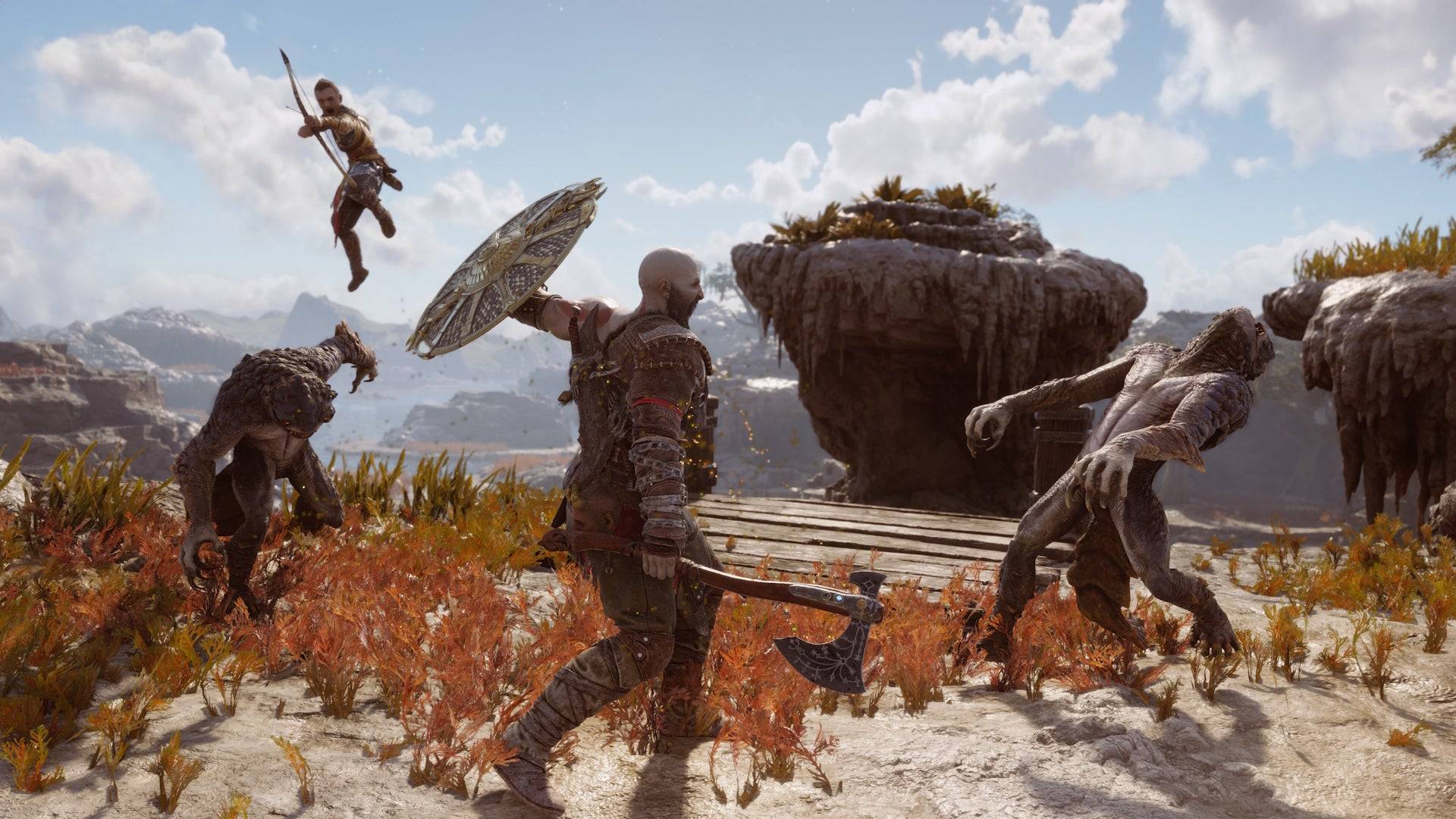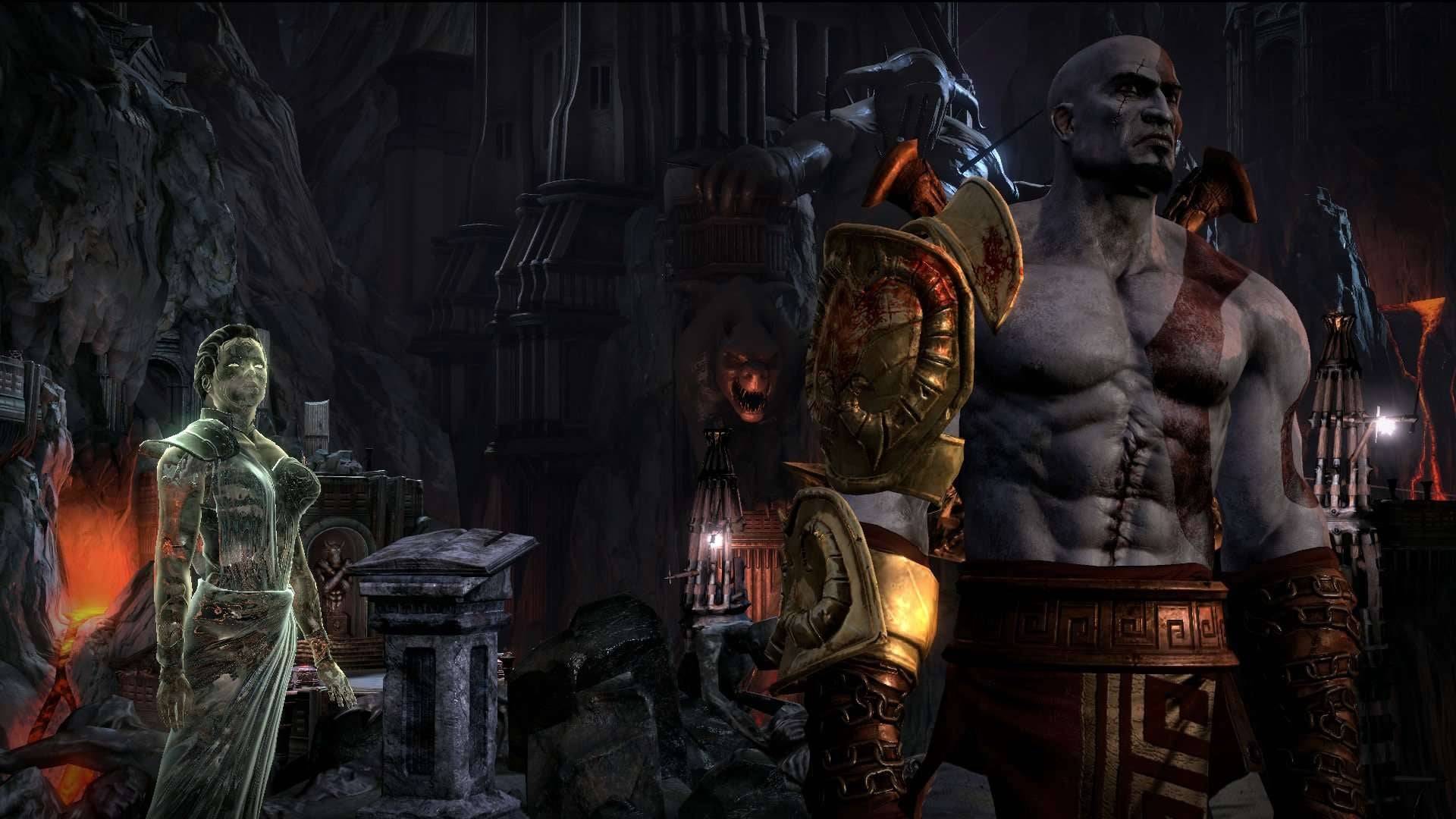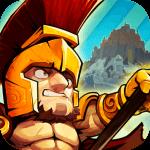The God of War series has been a cornerstone of PlayStation gaming since its inception in 2005, evolving with each new console generation. Kratos, the protagonist, began as a vengeful warrior and has transformed over the past two decades, showcasing the franchise's ability to adapt and thrive where others have faltered. A pivotal moment was the 2018 reboot, which shifted the setting from Ancient Greece to Norse mythology, radically altering the series' presentation and gameplay. However, even before this reboot, Sony Santa Monica introduced various smaller changes that kept the series fresh and engaging.
Looking ahead, reinvention remains crucial for God of War's ongoing success. The transition to Norse mythology sparked discussions about potential future settings, with Egypt being a popular rumor. Ancient Egypt's unique culture and mythology make it an appealing choice. Yet, a new setting alone isn't enough; the series must continue to evolve its mechanics and storytelling, much like how it built upon the successes of the Greek trilogy to create the acclaimed Norse games.

The God of War series has consistently embraced change. The original trilogy, spanning a decade, refined its hack-and-slash gameplay, culminating in God of War 3 on the PlayStation 3. This game introduced a revamped magic system and a wider variety of enemies, leveraging the console's increased power for enhanced graphics and camera angles.
The 2018 reboot shifted away from some of the original trilogy's elements. Platforming and puzzle elements, integral to the Greek games, were largely replaced due to the new third-person, over-the-shoulder camera perspective. Puzzles remained but were adapted to fit the new adventure-focused design.
The Valhalla DLC for God of War Ragnarök marked a return to the series' roots, both mechanically and narratively. It reintroduced battle arenas, a feature from the Greek games, adapted for the Norse setting. This DLC's story also brought Kratos back to his Greek origins, confronting past ghosts, thus completing a narrative circle.
The Norse era of God of War introduced numerous innovations, including the Leviathan Axe's unique throwing mechanics, a combat-defining parry system, and the magical spear in Ragnarök. These additions, along with the exploration of the Nine Realms, each with distinct challenges and aesthetics, enriched the gameplay experience.

The most significant transformation has been in storytelling. The Norse games delve into Kratos' emotional journey, exploring his grief over his late wife and his complex relationship with his son, Atreus. This nuanced narrative approach, contrasting with the more straightforward storytelling of the Greek trilogy, has been key to the Norse era's success.
God of War's evolution reflects a broader approach to franchise development, viewing the Norse games not as sequels but as extensions of Kratos' journey. This perspective should guide future entries.
The mixed reception to Assassin's Creed's shifts illustrates the risks of straying too far from a series' core identity. While Assassin's Creed has been profitable, it has struggled to maintain fan loyalty across generations as effectively as God of War. The series' move to an open-world RPG format with Origins and subsequent games has diluted its focus on stealth and assassination, leading to criticism and fan frustration. Recent attempts like Assassin's Creed Mirage and Shadows aim to reconnect with the series' roots.
In contrast, God of War has navigated its reinvention successfully by maintaining the essence of Kratos' character and the series' core mechanics. Each new game has built upon the foundation of intense combat, introducing new elements like Spartan Rage, varied weapons, and diverse adversaries, while deepening the narrative and lore.
Regardless of whether the next God of War explores an Egyptian setting or another mythology, it must continue to evolve while preserving the elements that have made the series a success. The 2018 reboot focused on combat, but future games will likely be judged by their storytelling, the heart of the Norse duology. Kratos' transformation from a rage-fueled warrior to a reflective father and leader has been central to the series' recent acclaim. The next installment must build on this strength, introducing bold changes that will define the next era of God of War.









